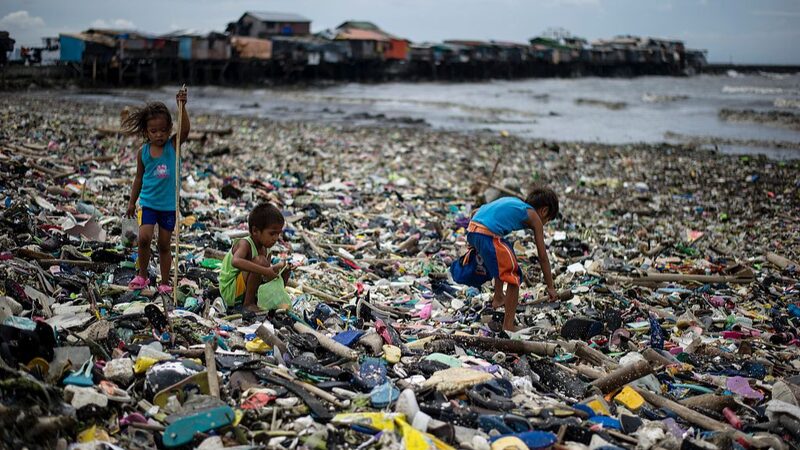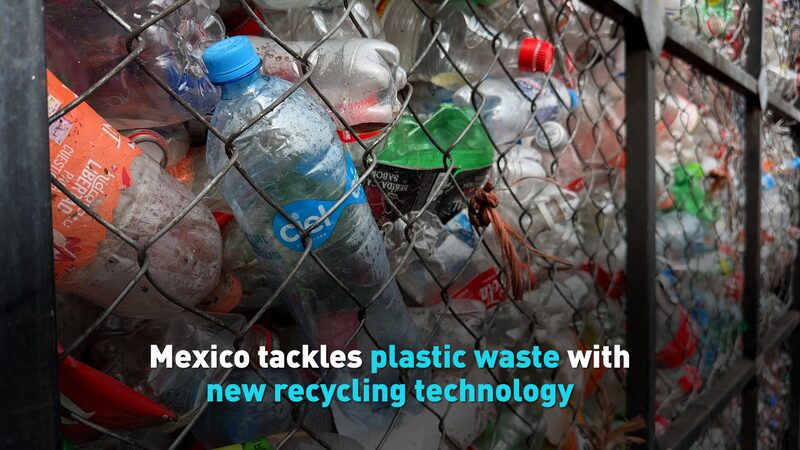In a significant setback for global environmental efforts, countries failed to reach an agreement on a treaty to curb plastic pollution during the fifth UN Intergovernmental Negotiating Committee (INC-5) meeting in Busan, South Korea.
Over 100 nations pushed for capping plastic production, while a few oil-producing countries focused solely on managing plastic waste. This divide prevented the creation of a legally binding treaty, leading to the postponement of key decisions until the next meeting, INC-5.2.
Inger Andersen, executive director of the UN Environment Program, highlighted the ongoing differences, stating, \"It is clear that there is still persisting divergence.\" The main points of contention included setting production limits, handling plastic products and chemicals of concern, and securing financing to help developing countries implement the treaty.
Panama's proposal, supported by over 100 countries, aimed to establish a global target for reducing plastic production. However, petrochemical-producing nations like Saudi Arabia opposed these production caps, insisting on focusing only on waste management.
Juliet Kabera, director general of Rwanda's Environment Management Authority, emphasized the need for a serious and effective treaty, saying, \"It is time we take it seriously and negotiate a treaty that is fit for purpose and not built to fail.\"
The failure to agree on a treaty marks a significant delay in global efforts to tackle plastic pollution, following the tumultuous conclusion of the COP29 summit in Baku, Azerbaijan.
Reference(s):
cgtn.com



